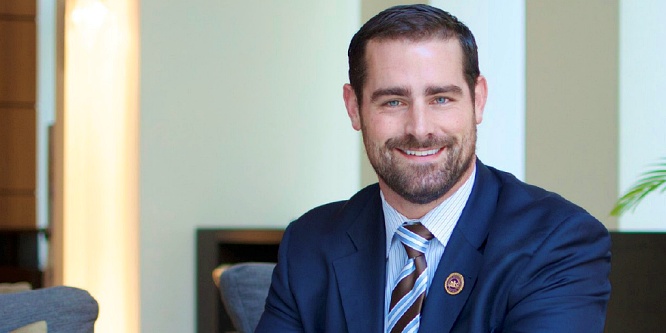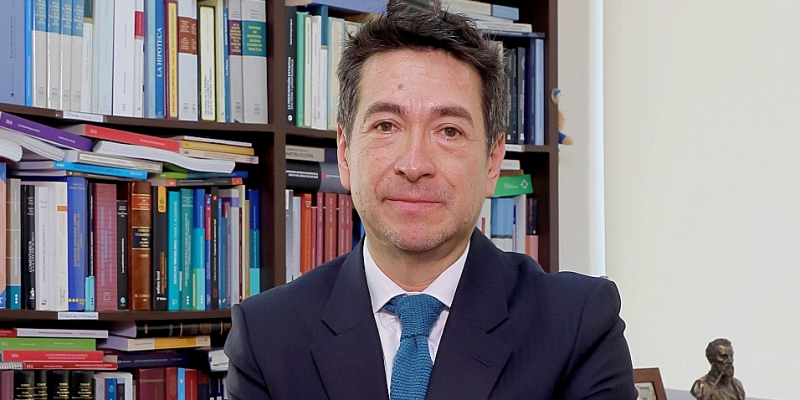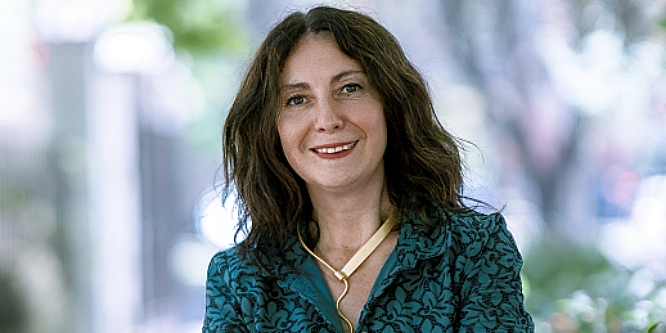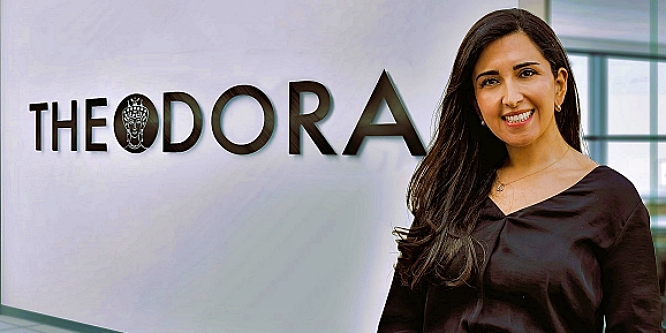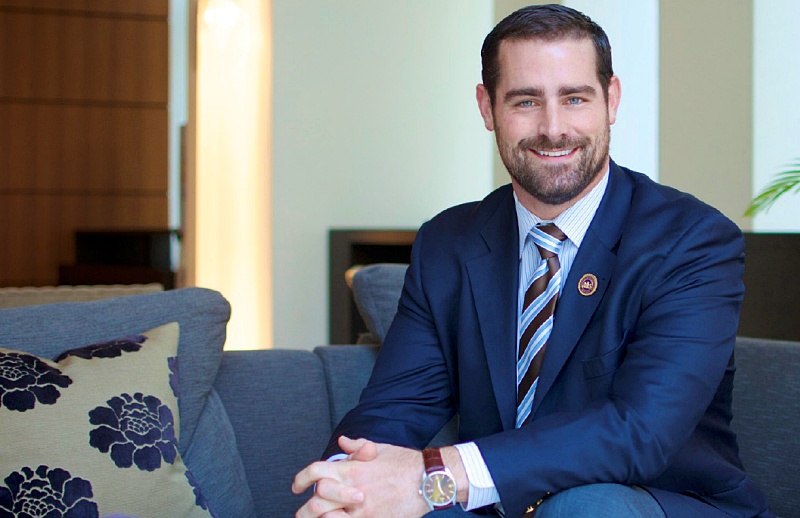
The work that this lawyer and representative has done for visibility and non-discrimination has highlighted him as one of the lawyers and politicians with the most future in the United States. Exclusively for LWYR –and for the first time for a Chilean media–, Brian tells us about his story: From captain of an football team to defender of the rights of women and the LGTBI + population.
Text: Christian Vidal Beros, manager director of LWYR.
Pictures: Brian Sims.
The story of Brian Sims could be the story of many young Americans who manage to go -step by step-, fulfilling goals that the environment and society demands of them throughout their lives. The son of a military marriage, after a nomadic life through many states, he settled in Pennsylvania in the early nineties. He studied law at the University of Bloomsburg, where he joined the college football team, of which he was its captain.
Until that part of the story, Brian’s «story» was pretty traditional. Everything, until at the beginning of the year 2001, he came out publicly, becoming the only Captain of an NCAA (National Collegiate Athletic Association) team. From then on, his story is one of struggle and visibility: In 2004 he received a Ph.D. in Comparative International Law at the University of Michigan and began his work as a consultant and counselor at the Philadelphia Bar Association.
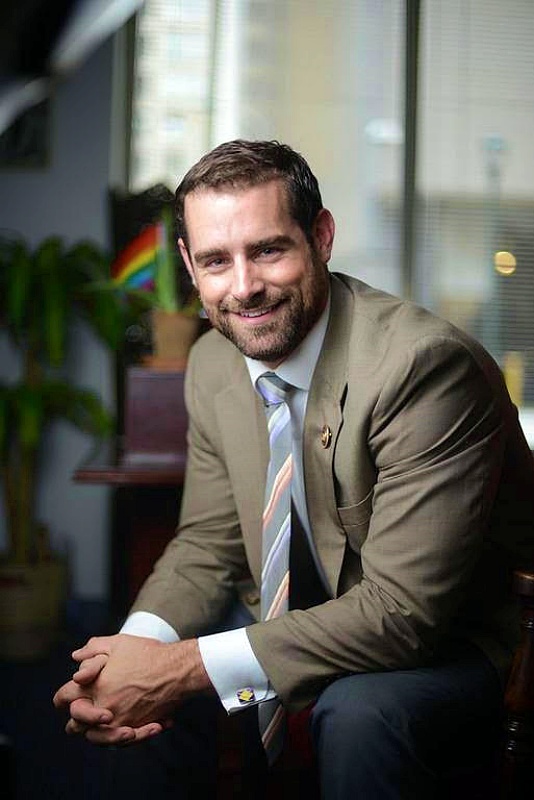
After working and directing GALLOP (Gay and Lesbian Lawyers of Philadelphia), in 2011 he expressed his intention to run as a Democratic candidate for the Pennsylvania State Assembly, a seat he won and has held since that date.
– Why do you decide to study Law? How does a football player get to law school?
– I knew from a very young age that I wanted to be a women’s rights attorney. I grew up in a household with equally strong parents but I saw lots of sexism outside my house from others. I felt like I could go into law and combat that type of sexism San Francisco attorney.
I studied for my entrance exams to law school when I was too young to apply so when I had to study for them again years later, I felt like I knew what is as doing. I applied to law school my last year of college while I was the Captain of my College football’s team and was accepted about a month after the National Championship game.
– You were captain of the football team of your university and also gay. Double merit to come out of the closet in a sport considered somewhat sexist?
– I’m very proud to have played football and even prouder to have represented my team as the Captain. My teammates were, and still are, my best friends and I’m forever grateful that they responded with love and support. Like many LGBTQ athletes, I found that my teammates were often the people who supported me the most, and judged me on my merits the most.
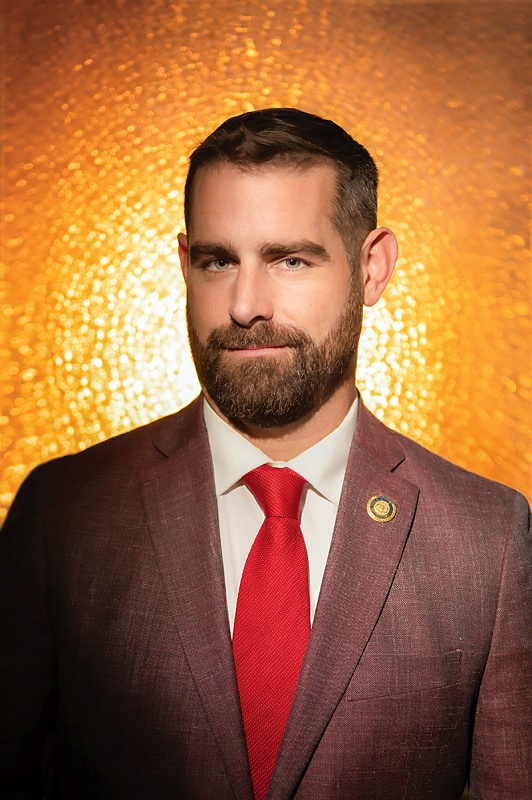
– You have a PhD in Comparative International Law. What motivated you to continue specializing?
– When I entered law school, I knew that I wanted to focus on Human Rights Laws as an extension of women’s rights and LGTBQ rights. In the United States we call them civil rights but the world knows them as Human Rights. For me, learning how the world responded to inequality has been super useful in helping me combat it here at home.
– You were a counselor at the Philadelphia Bar Association. What positive aspects do you consider belonging to a union that groups the interests of lawyers?
– Working for the Philadelphia Bar Association was a tough and exciting job. Every day I had an opportunity to work alongside, to learn from, and sometimes to even teach some of the most accomplished attorneys in my state. Belonging to the Bar Association gave me access to information and learning opportunities that helped shape the kind of lawyer I am today.
– What did it mean to be the first openly gay representative in the Pennsylvania Assembly?
– I meant two things: 1) I have to work every single day to combat homophobia, transphobia, and discrimination against other LGBTQ+ people, and 2) I have to ensure that while I may have been the first, I’ll absolutely not be the last.
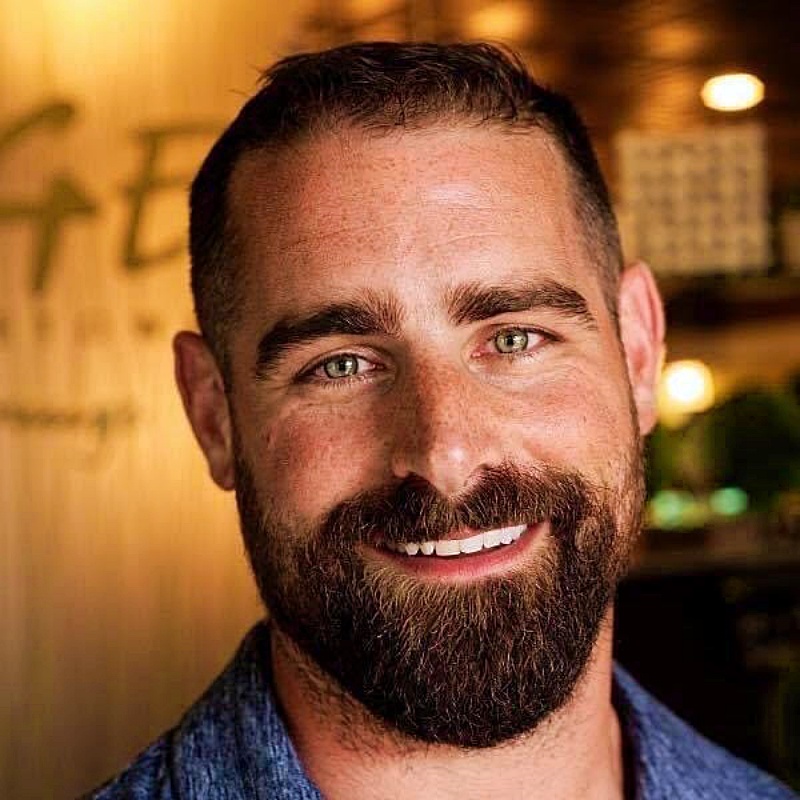
– Women, gays and racial minorities. What are the elements of discrimination that differ in each case and for which we must continue fighting?
– It’s important for us to recognize marginalization and discrimination in all areas so that we can combat it. It’s even human nature for us to try and relate to other people’s pain. But the experiences of marginalization faced by women and people of color, aren’t identical to those faced by LGBTQ+ people, generally. We can all learn how to combat discrimination from each other, and we all deserve to learn about each other’s lives and learned experiences, but learning about them, and fighting for them, doesn’t mean we share them.

